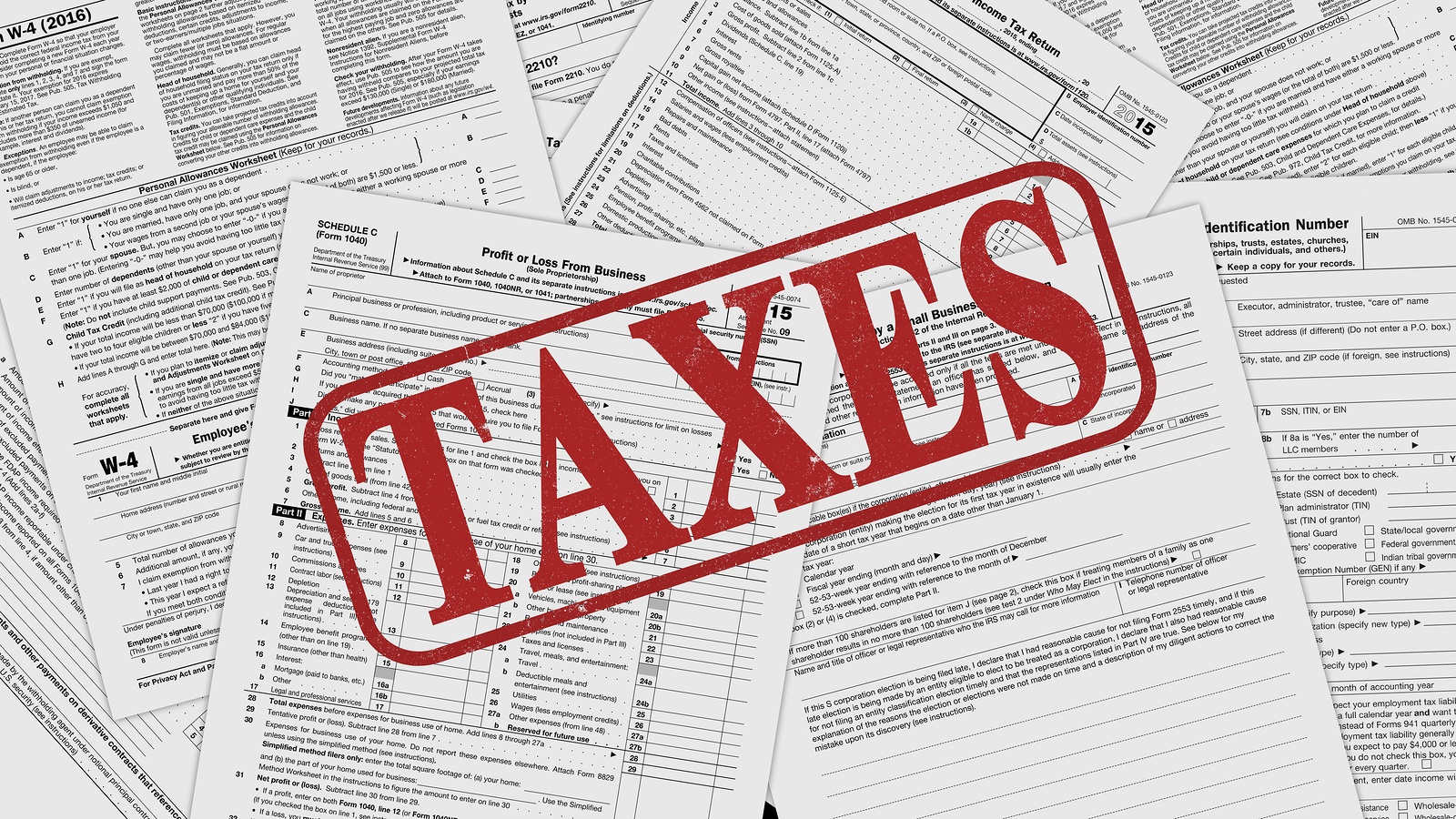Are you planning to hire a small business accounting service?
It is important that you find the right accounting firm - the one that will work with you to meet your company's individual needs. These services have a direct impact on the cash flow and profitability of your small business.
There are several things you need to keep in mind before you make the selection.














